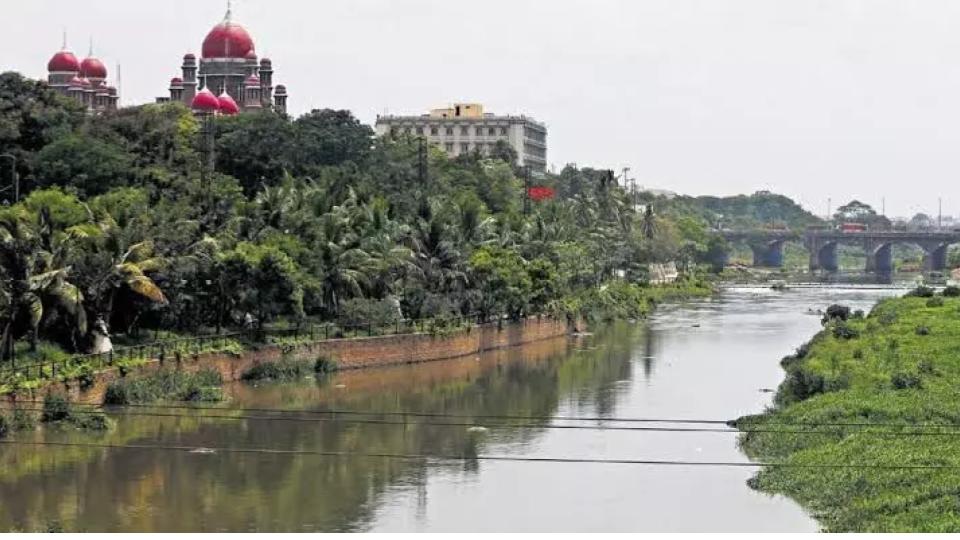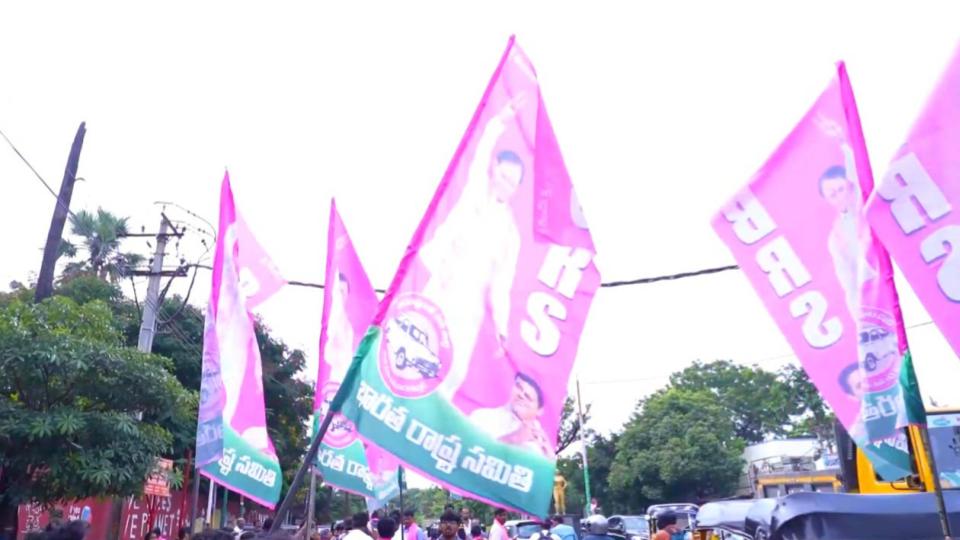Telangana HC says State government only selling govt land, doing business
Wed 18 Jun 2025, 00:19:49

Justice C.V. Bhaskar Reddy of the Telangana High Court on Tuesday orally commented that the State government was only selling government lands and doing business.
“Show me a single incident where the State government has taken steps for welfare activities in government land,” the Judge remarked, also wondering if it was not the duty of the State government to allot land to downtrodden sections to comply with the Directive Principles of State Policy.
The Judge was dealing with a Writ Petition filed by K. Ramesh and others challenging the action of the State government in allotting about 48 acres of petitioners’ land to a goshala. Senior Advocate V. Raghunath, representing the petitioners, argued that while the State was duty bound to act in the interest of downtrodden sections, on the contrary, it was grabbing agricultural lands of people from Dalit and backward communities.
The land was situated at Yenkapally Village in Moinabad Mandal of Rangareddy District. Representing the State, Advocate General A. Sudarshan Reddy rebutted the petitioners’ allegations, stating that since
1954, the land was recorded as government land except for one or two stray entries in the record. He said even such stray entries had a remark that the possession was unauthorised.
1954, the land was recorded as government land except for one or two stray entries in the record. He said even such stray entries had a remark that the possession was unauthorised.
Raghunath suggested that the State should come up with a record, and sought directions to the State for not taking any coercive steps against the petitioners. He also highlighted that the State was using the police to forcefully dispossess petitioners by bulldozing them.
Justice Bhaskar Reddy, hearing both parties, directed that the petitioners’ representation be considered and that all actions by the State government on the said lands were subjected to the final outcome of the writ petition. On a lighter note, the Judge commented how the landless people’s plight had moulded the movements in the State, including the Communist movement during 1948. He also recollected how the Olga Tellis judgement delivered by the Supreme Court in favour of street hawkers was celebrated, and the lack of such people-centric approach in recent times.
The Judge adjourned the case by two weeks for the response of the State.
No Comments For This Post, Be first to write a Comment.
Most viewed from Hyderabad
Most viewed from World
AIMIM News
Latest Urdu News
Most Viewed
May 26, 2020
Should there be an India-Pakistan cricket match or not?
Latest Videos View All
Like Us
Home
About Us
Advertise With Us
All Polls
Epaper Archives
Privacy Policy
Contact Us
Download Etemaad App
© 2026 Etemaad Daily News, All Rights Reserved.





































.jpg)
.jpg)
.jpg)


